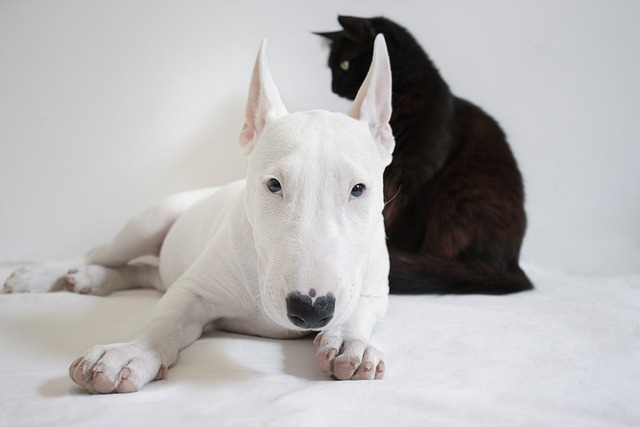
How do i train my dog to be obedient?
Watching your dog dart across the park ignoring your calls isn’t just frustrating—it can put them at risk near busy streets or public spaces.
You step out of the room for just a moment and return to find your puppy gleefully shredding a couch cushion. Your first instinct might be to scold, but true discipline for a chewing puppy isn't about punishment—it's about teaching. Puppies chew to explore their world, relieve teething pain, and simply because it's fun. They aren't being "bad"; they are following natural instincts without knowing human rules. Effective discipline means creating an environment where making the right choice is easy and rewarding, turning frustration into a powerful teaching moment. This approach is the foundation of positive puppy guidance.
The science behind this behavior is clear. Punitive reactions like yelling, rubbing a puppy's nose in the mess, or any form of physical correction are not only culturally unacceptable in modern animal care but are also scientifically proven to be counterproductive. These actions can damage your bond, create a fearful animal, and may even encourage more secretive chewing. The puppy doesn't learn "don't chew the couch"; they learn "when my human appears, scary things happen." The evidence-based method uses managing destructive chewing through environmental control and redirection. This works because it taps into how puppies learn: they repeat behaviors that are rewarding. By making approved chew toys more exciting than your shoes, you guide their natural instincts toward acceptable outlets.

Your practical strategy is a simple, consistent two-step process: prevention and redirection. Your first line of defense is puppy-proofing. Use baby gates to limit access to tempting areas and diligently pick up shoes, books, and remote controls. If they can't reach it, they can't chew it. Then, arm yourself with a variety of enticing chew toys—rubber Kongs stuffed with food, frozen washcloths, and long-lasting chews. The instant you see your puppy target an off-limits item, calmly interrupt with an "Oops!" or a clap, immediately redirect them to an appropriate toy, and lavishly praise them when they chew it. This teaches them what to chew, not just what not to chew. For times you can't actively supervise, a crate or puppy-proof pen is a safe haven, not a punishment.
This thoughtful approach to guidance is a key part of your journey toward responsible puppy ownership. The patience you show now in teaching appropriate behavior will shape a trustworthy adult dog. This responsibility extends into your community. As you manage your puppy's chewing, you must also ensure they are meeting all healthcare mandates. Faithfully adhering to your local puppy vaccination laws is a critical legal and ethical duty; it protects your pup and others from dangerous diseases like Parvo before they are fully immunized. Furthermore, a puppy that learns to channel its chewing onto appropriate toys is a quieter, less destructive neighbor—a key concern for apartment living where noise and damage can lead to complaints. And of course, as you take your pup out for essential exercise and socialization, you must always carry poop bags and clean up immediately. This is not just a courtesy; it is legally mandated in most U.S. cities and is a fundamental sign of respect for your community. Your calm, consistent guidance today builds a polite and welcome canine citizen for tomorrow.

Watching your dog dart across the park ignoring your calls isn’t just frustrating—it can put them at risk near busy streets or public spaces.

New puppy owners often find themselves rushing to clean up accidents before they set in, and that’s where puppy pad training becomes a game-changer.

If you've noticed your dog's waistline disappearing and your veterinarian has mentioned those few extra pounds, your first instinct might be to simply reduce the amount of food in their bowl.

Training a dog to use a designated spot indoors isn’t as daunting as many new owners fear, but it does take consistency and an understanding of your pet’s needs.

That moment of dread on a walk is all too familiar for many new dog owners. You see another dog approaching down the sidewalk of your neighborhood

If the sight of another dog on your neighborhood walk makes your heart sink as your own dog erupts into a frenzy of barking and lunging, you're not alone.